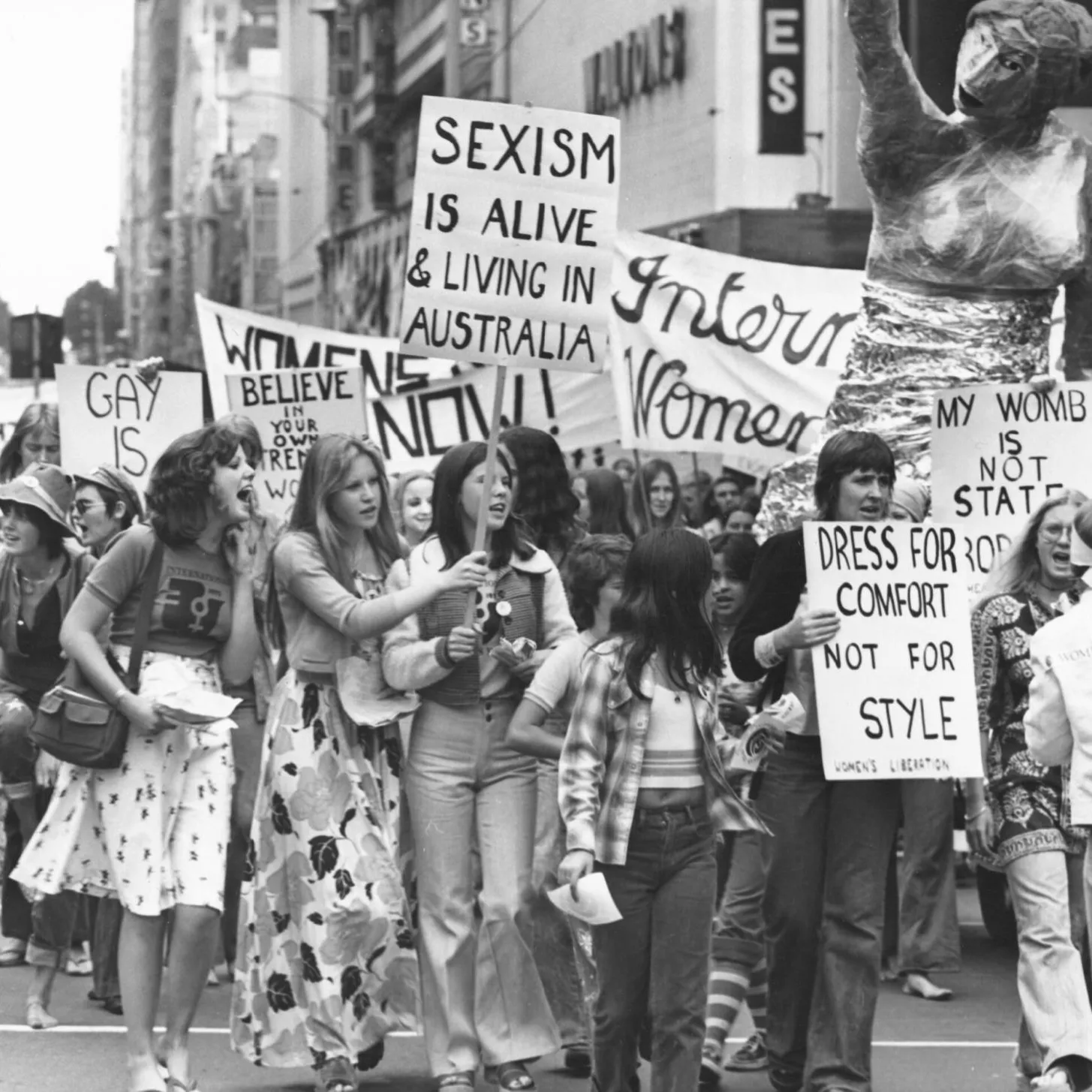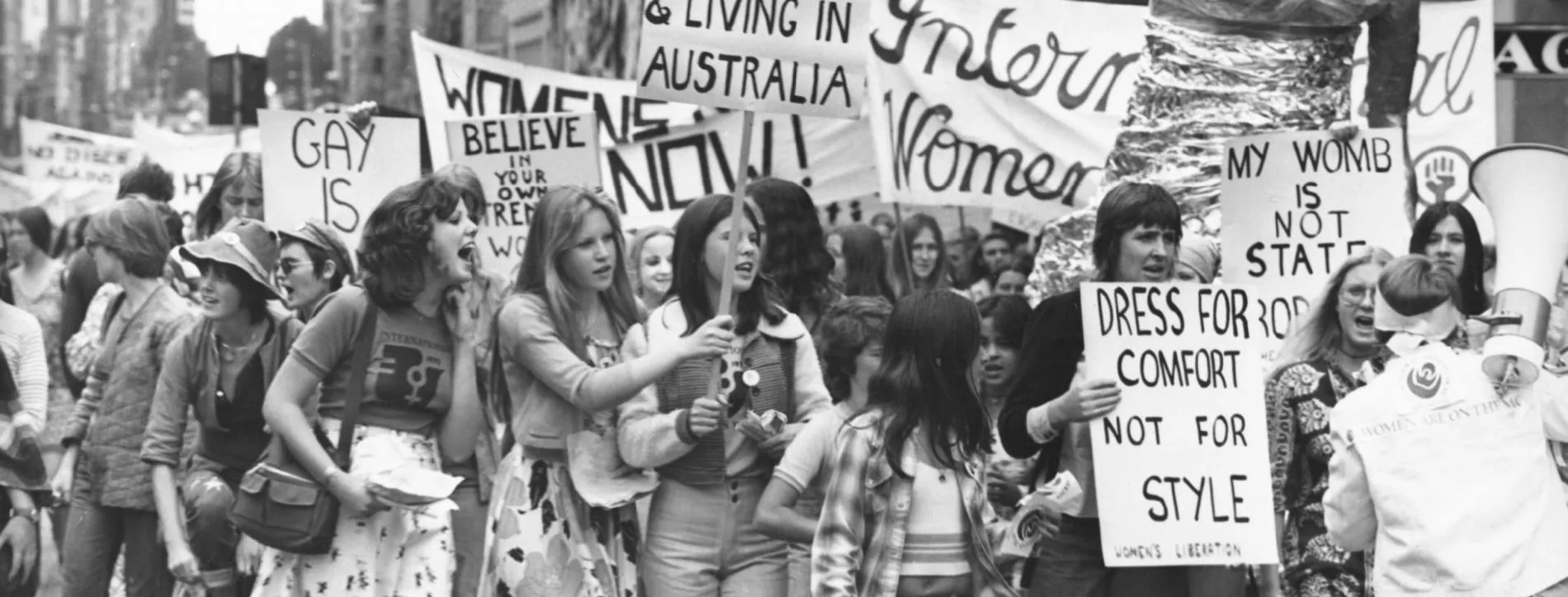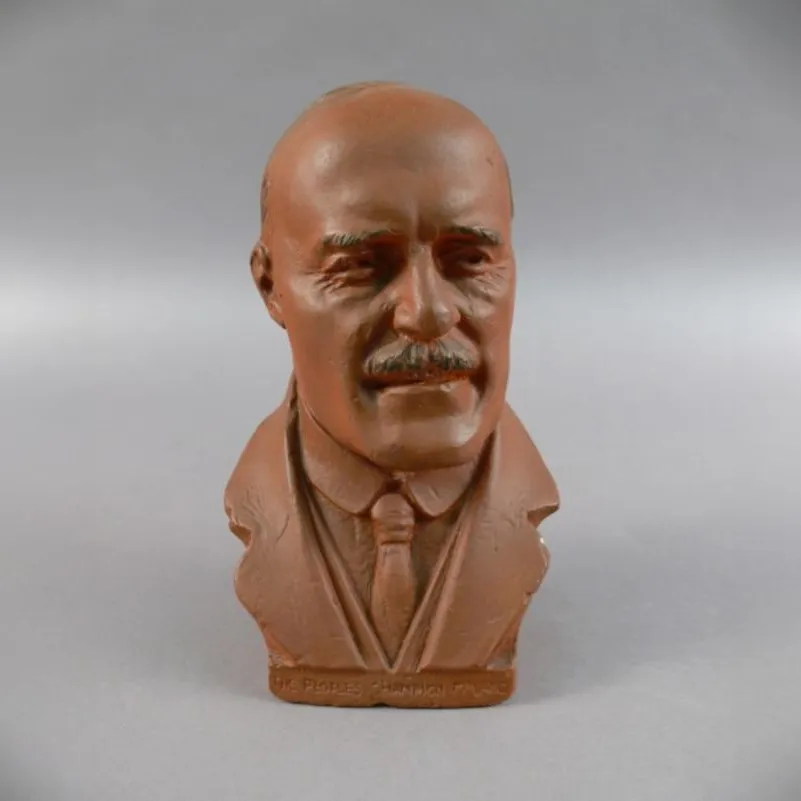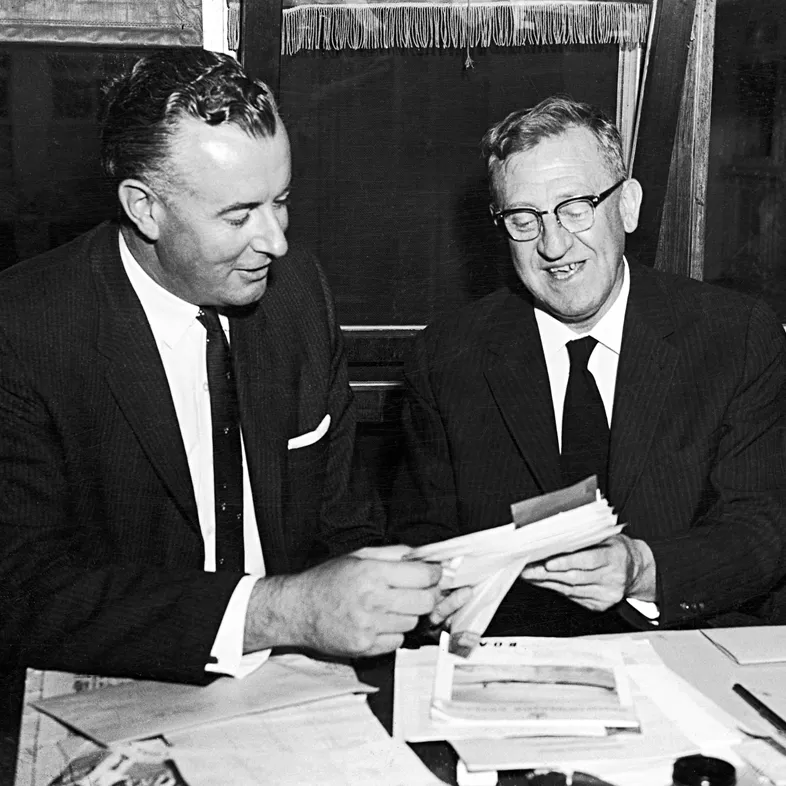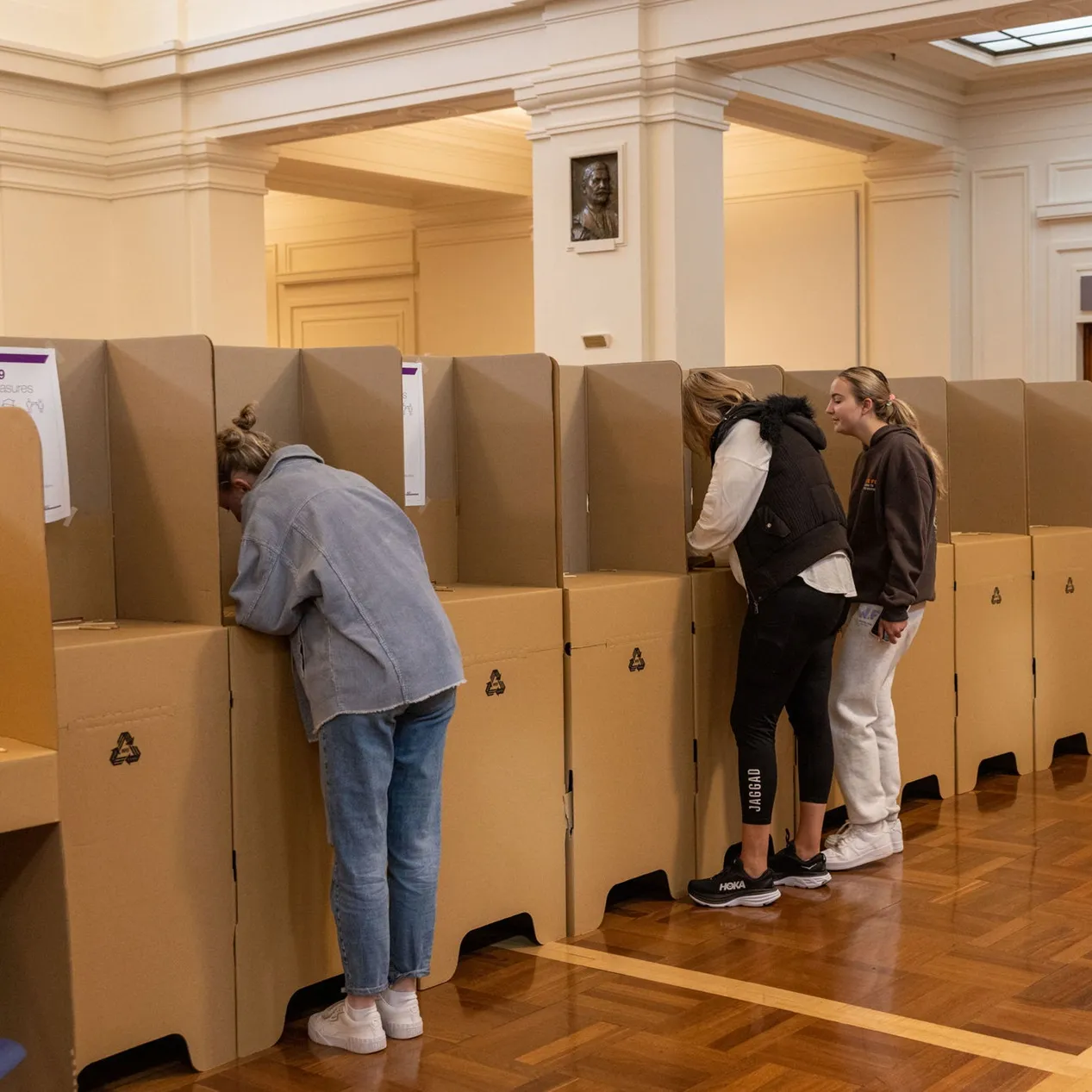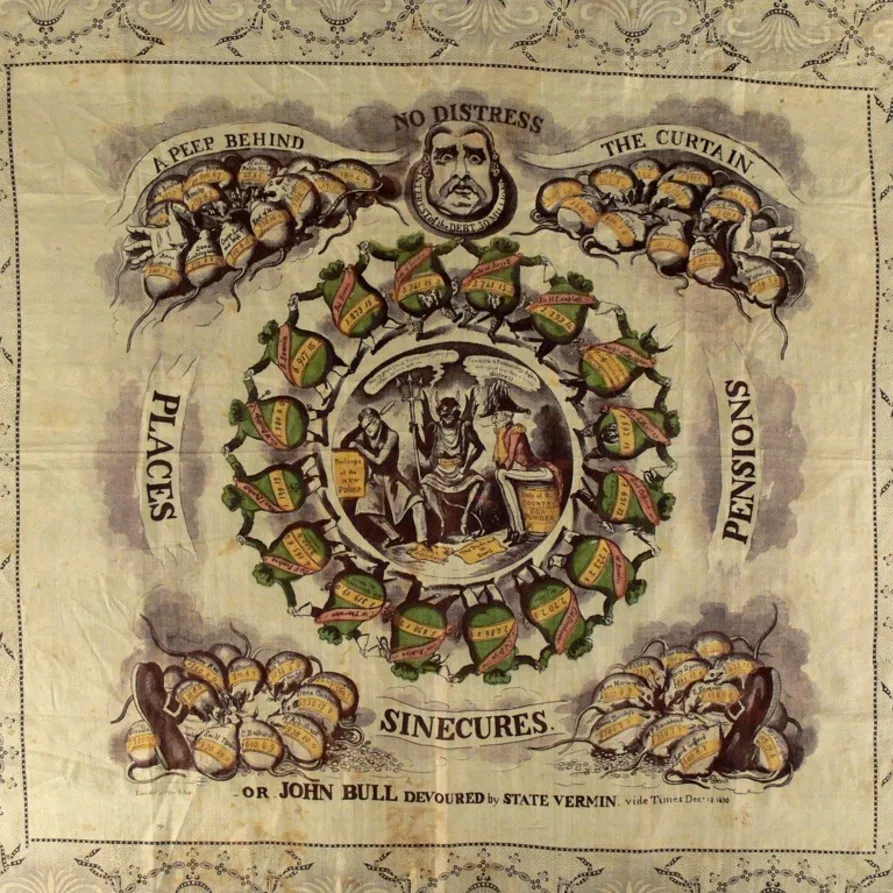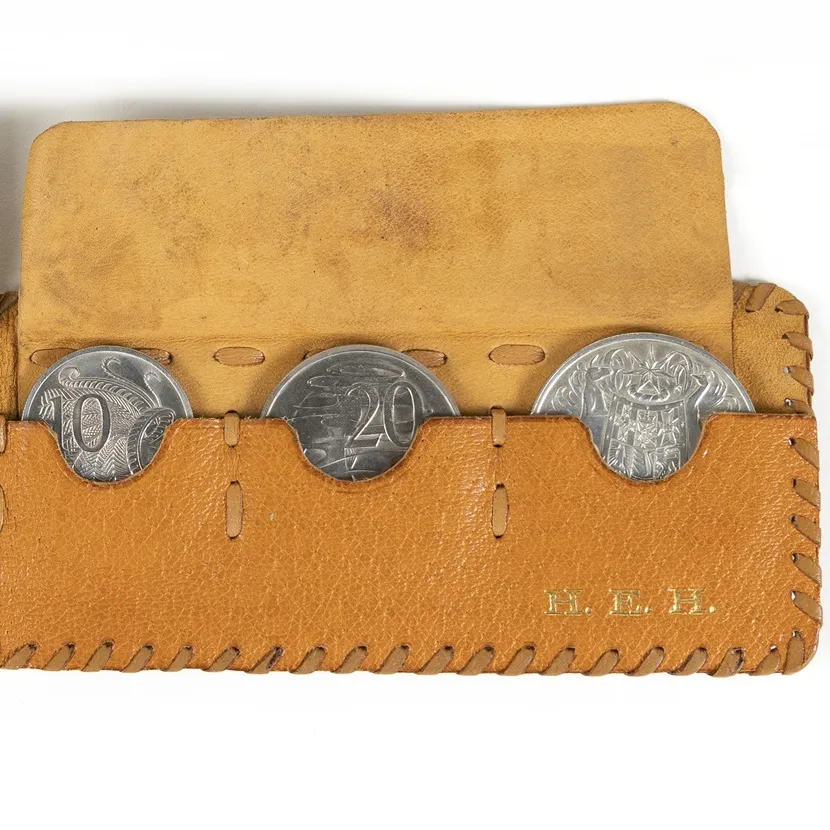Memorable marches in Australian history
- DateFri, 27 Jan 2017
How protest marches can influence a nation.
International Women's Day, Melbourne, 8 March 1975
Women have marched around the world for a variety of causes for over a century. International Women’s Day marches became more popular in the 1970s as the women’s liberation movement gained momentum.
The Whitlam government dismissal, Canberra, 11 November 1975
On 11 November 1975 Governor-General Sir John Kerr used his reserve powers to dismiss the government of Gough Whitlam. It is the first and, so far, only time an Australian prime minister and their government have been dismissed.
Late in the afternoon of that remarkable day, a defiant Whitlam stood on the front steps of Parliament House and made a memorable speech in front of an angry and vocal crowd.
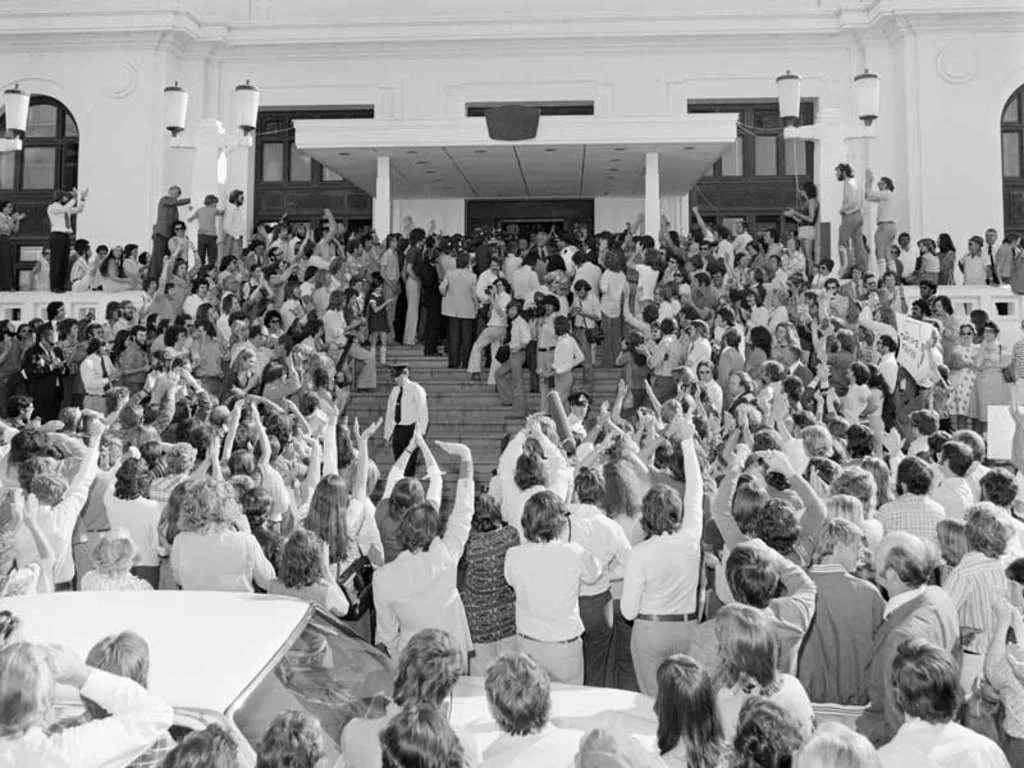
Demonstration against the dissolution of Parliament by Sir John Kerr and support for Prime Minister Gough Whitlam at Parliament House, 1975. Credit: National Archives of Australia.
Farmers against tax increases, Canberra, 1 July 1985
On 1 July 1985 45,000 farmers gathered in front of Parliament House in one of Canberra’s largest demonstrations to protest taxes on fuel and other taxes imposed on primary producers.
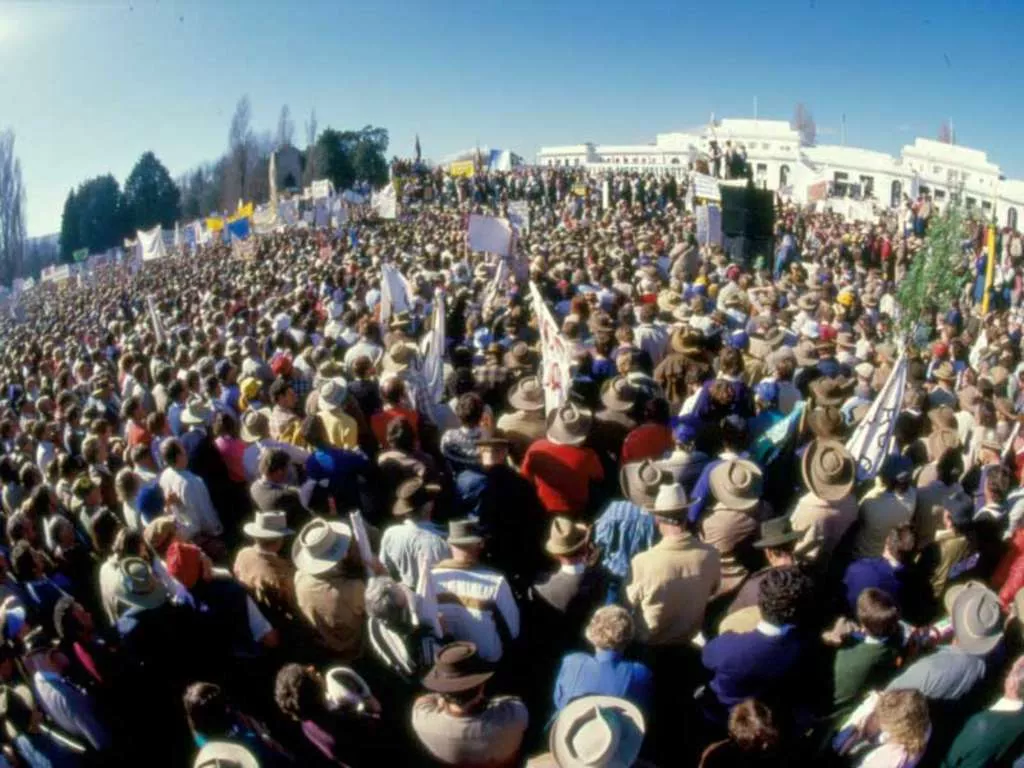
Farmer protest at Old Parliament House, 1985. Credit: MoAD collection.
Protest against the Iraq War, worldwide, 14–16 February 2003
Across the weekend of 15 and 16 February 2003 protests were held in cities around the world, staged in opposition to the imminent US invasion of Iraq. In Australia the first march was held in Melbourne on Friday 14 February. Over the weekend marches were held in all other Australian capital cities and many regional towns. The largest Australian march was in Sydney, with around 250,000 people taking over the city streets. The largest in the word was in Rome, Italy, where it is estimated 3 million protestors took part.
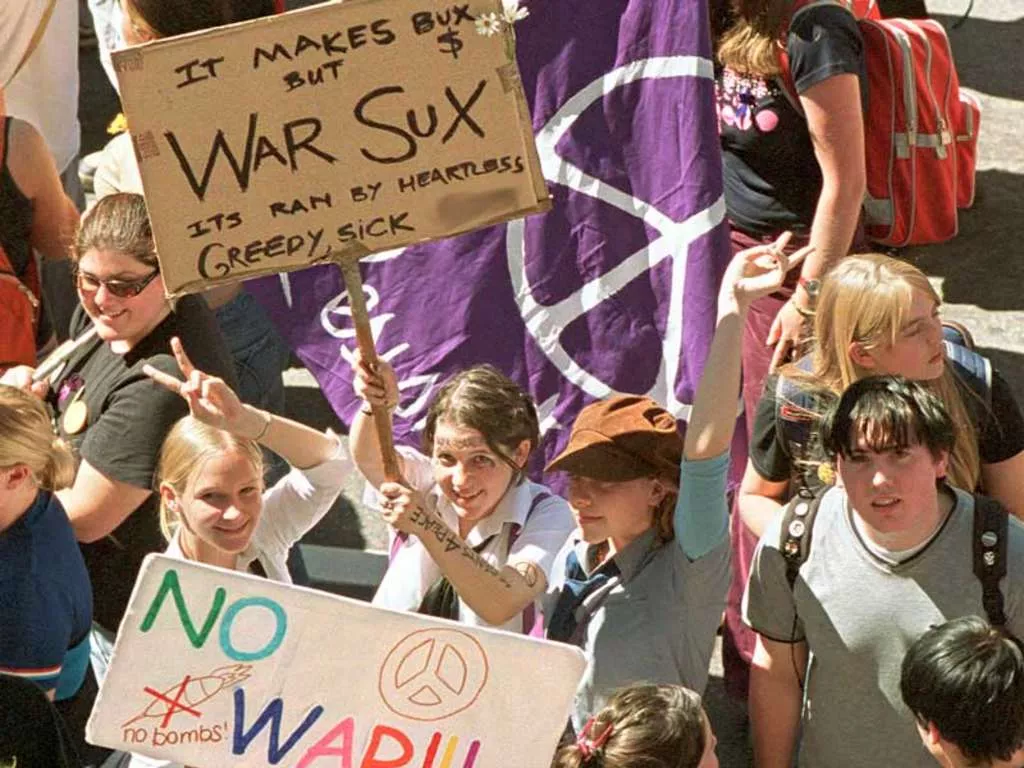
Anti-war protest in Adelaide, 2003. Credit: Newspix.

